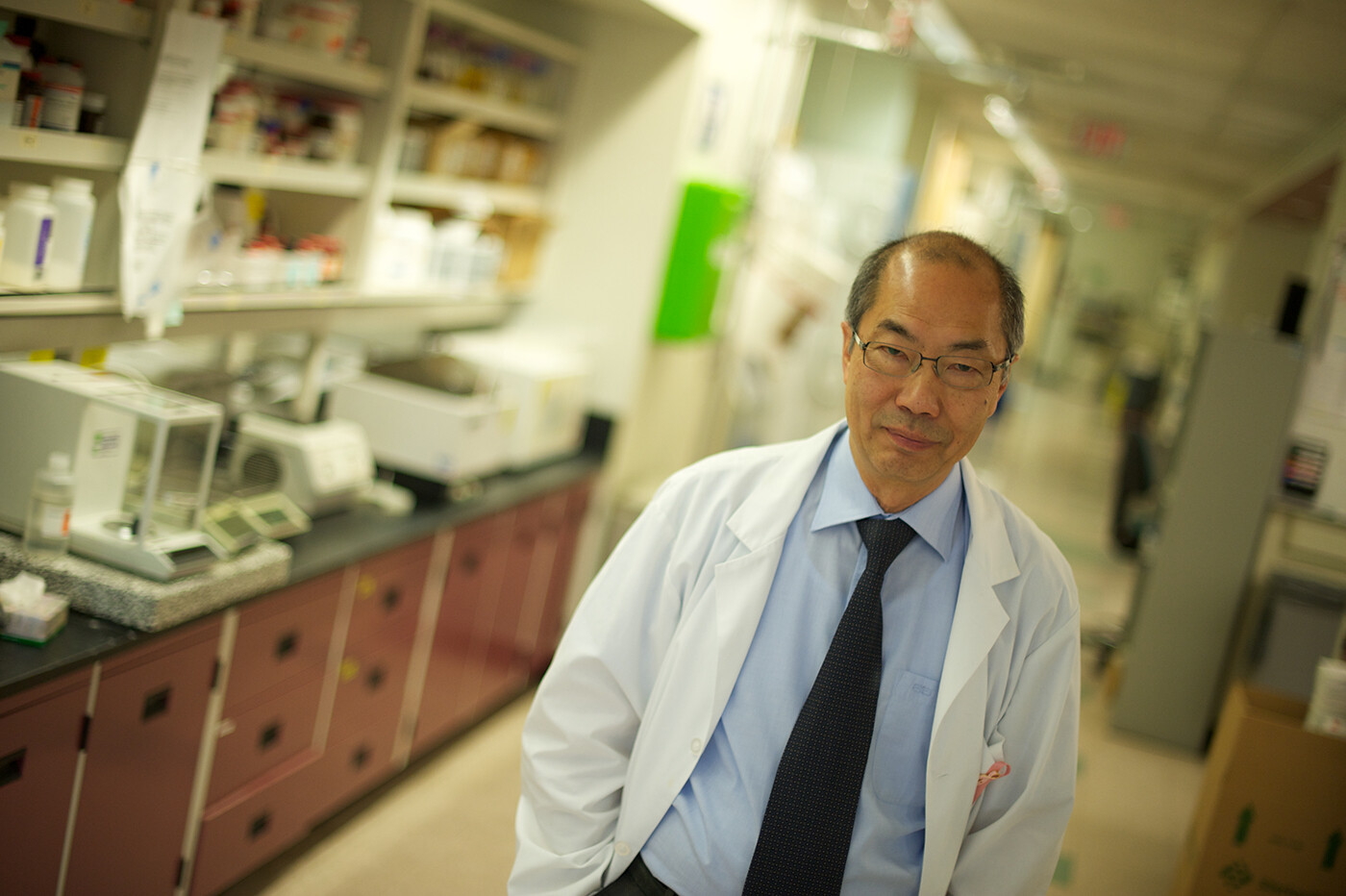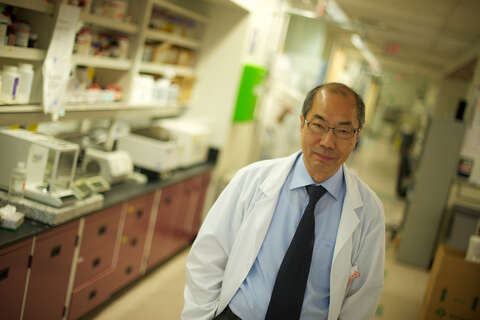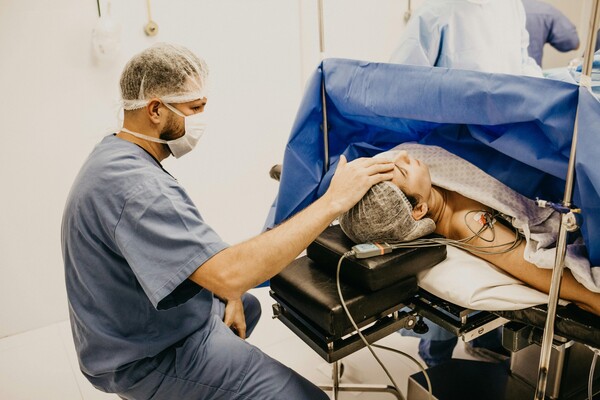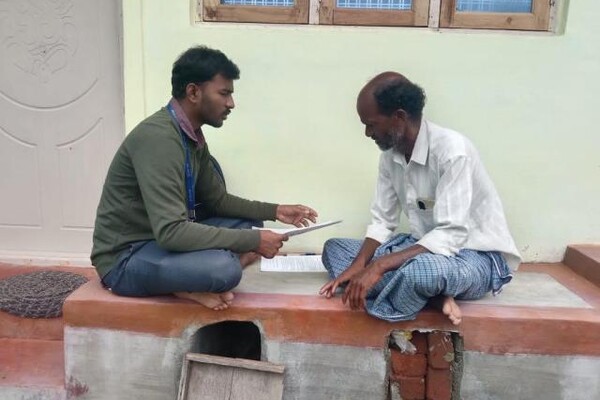Mobile Menu
- Education
- Research
-
Students
- High School Outreach
- Undergraduate & Beyond: Community of Support
- Current Students
- Faculty & Staff
- Alumni
- News & Events
- Giving
- About

Jane Finlayson

The journal Cancer Cell today published research led by Dr. Tak Mak mapping the path of discovery to developing a potential anticancer agent.
“What began with the question ‘what makes a particular aggressive form of breast cancer cells keep growing?’ turned into 10 years of systematic research to identify the enzyme PLK4 as a promising therapeutic target and develop a small molecule inhibitor to block it,” says Mak, a Professor in the Departments of Medical Biophysics and Immunology at the University of Toronto who is Director of The Campbell Family Institute for Breast Cancer Research at the Princess Margaret Cancer Centre, University Health Network.
Mak talks about his research here.
In the lab, the scientific team used an approach that combined functional RNAi analysis with gene expression analysis in breast cancer-derived cell lines and in human breast cancers replicated in mice. Using these multidimensional datasets for human breast cancer, PLK4 was identified as a candidate target among 10,000 other targets for the development of anticancer therapeutics.
“The research showed that the aggressive form of basal breast cancer cells may be dependent on PLK4 for survival and that depleting it induced cell death,” says Mak. “This finding led to the identification of CFI-400945, a selective and orally active inhibitor of PLK4, which was shown to have significant antitumor activity as a single agent in a variety of preclinical tumor models.”
Another key finding was observing the inhibitor effect on tumor models with a gene PTEN deficiency as a biomarker – of huge interest because PTEN, a tumor suppressor, is known to be defective in as many as half of all advanced solid tumour cancers.
“If clinical testing supports our hypothesis that PTEN is a predictive biomarker for CFI-40095, we will have another way to tailor personalized cancer medicine based on an individual’s genetics,” says Mak.
Although breast cancer was the initial focus and featured in the study published online today, the team has also conducted experiments with other types of solid tumours, with similar results. The next phase of research will involve testing in humans, which was approved last year by Health Canada and the U.S. Food and Drug Administration.
“It may take several more years to determine the benefit for patients,” says Mak, “but we are happy to be able to provide this opportunity for our patients. We remain optimistic that we may have found a novel way to treat cancer.” Mak is an internationally acclaimed immunologist renowned for his 1984 cloning of the genes encoding the human T-cell receptor.
The research was funded by The Princess Margaret Cancer Foundation, the Canadian Institutes of Health Research and Genome Canada.

